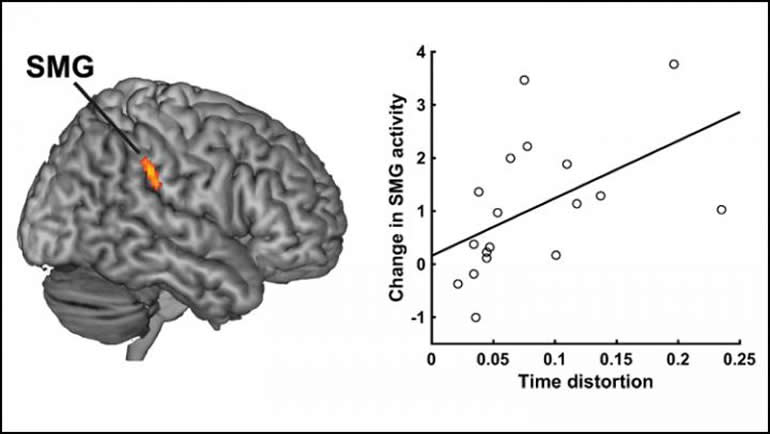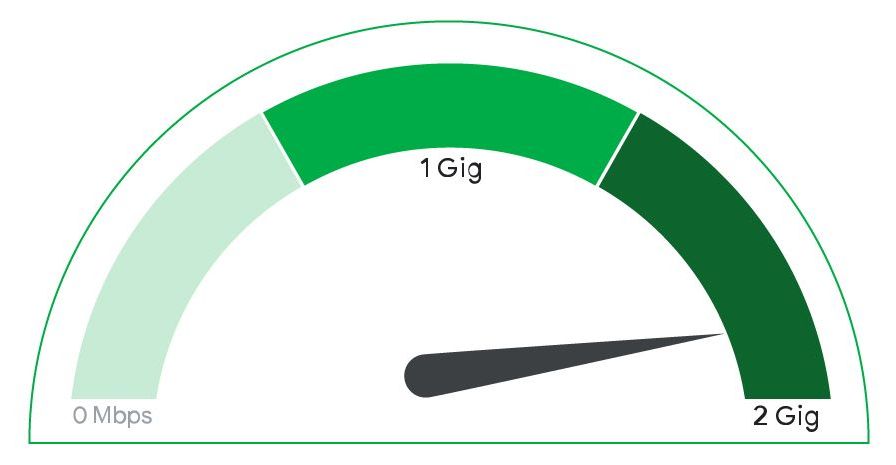Rolling out in most of its cities starting next year.
Google Fiber will double the maximum internet speed offered to its customers starting later this year from 1 Gbps to 2 Gbps, the company announced this week. The new plan will cost $100 a month, $30 more than the company’s existing 1 Gbps option. However, only downloads will be offered at the new maximum speed; uploads will remain at 1 Gbps. With the new plan, Google says it will provide customers with an unspecified “new Wi-Fi 6 router and mesh extender” to make the most of the new speeds.
Pilots of the new plan are due to kick off in Nashville, Tennessee, and Huntsville, Alabama, next month, with a full rollout in the two cities planned for later in the year. The company says it currently offers Google Fiber and Google Fiber Webpass (which uses over-the-air transmission rather than fiber optic cables) in 19 cities in the US. 2 Gbps pilots are due to start in its other markets later this year, with a rollout in “most” cities in early 2021.





